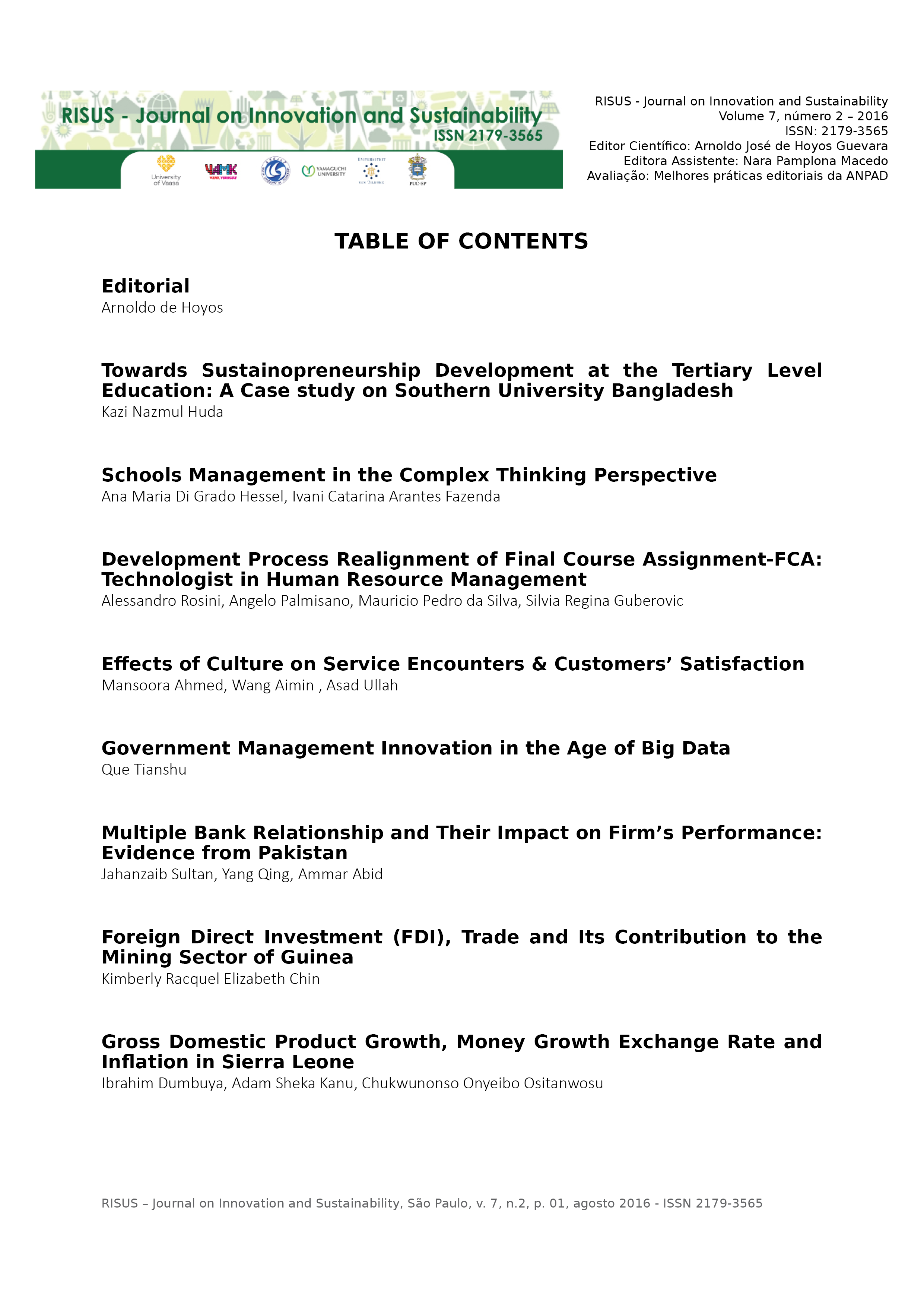Schools Management in the Complex Thinking Perspective
DOI:
https://doi.org/10.24212/2179-3565.2016v7i2p17-26Palabras clave:
Complex Thinking, School Management, Self-organization, SustainabilityResumen
The scope of this Paper is to clarify the unfolding of Complex Thinking concerning the role of management, as a result of a research carried out in some Brazilian Governmental Schools, where the dialogical movements were understood in the whole context in which the linear and systemic aspects coexisted. The studies of the theory of Complexity are the bases of the reflections on the management action, enabling articulation toward the self-organization of the group. It is observed by many researchers that the action of the manager usually encompasses the role of a planner of the work, with rational use of the resources and articulation of the means to reach the targets of the institution, in addition to the role of coordination and control of people´s work. That has shown not to be enough to meet the challenges of the world nowadays. The processes of management may get different meanings: under a technicist conception, management is often centralized, decisions come from the top without participation of the other levels; under a more democratic conception, the process is more participative, and decision is collective. In this view, the manager is expected to promote collective work, encourage the participation of the different subjects of the team and institution community, establish co-responsibility and assure the construction and implementation of a proposal – a set of intentions – a collective agreement. To be able to do so, the manager should be prepared to perceive the team as a living system, able of self-organization, as well as the linear and systemic aspects in permanent balance.Descargas
Publicado
2016-08-21
Número
Sección
Papers
Licencia
This Journal is licensed under a Creative Commons Attribution-Non Commercial-No Derivers 4.0 International license.
1.The author (s) authorize the publication of the article in the journal;
2.The author (s) warrant that the contribution is original and unpublished and is not in the process of being evaluated in other journal (s);
3. The journal is not responsible for the opinions, ideas and concepts emitted in the texts, as they are the sole responsibility of its author (s);
4. The editors are entitled to make textual adjustments and to adapt the articles to the standards of publication.


